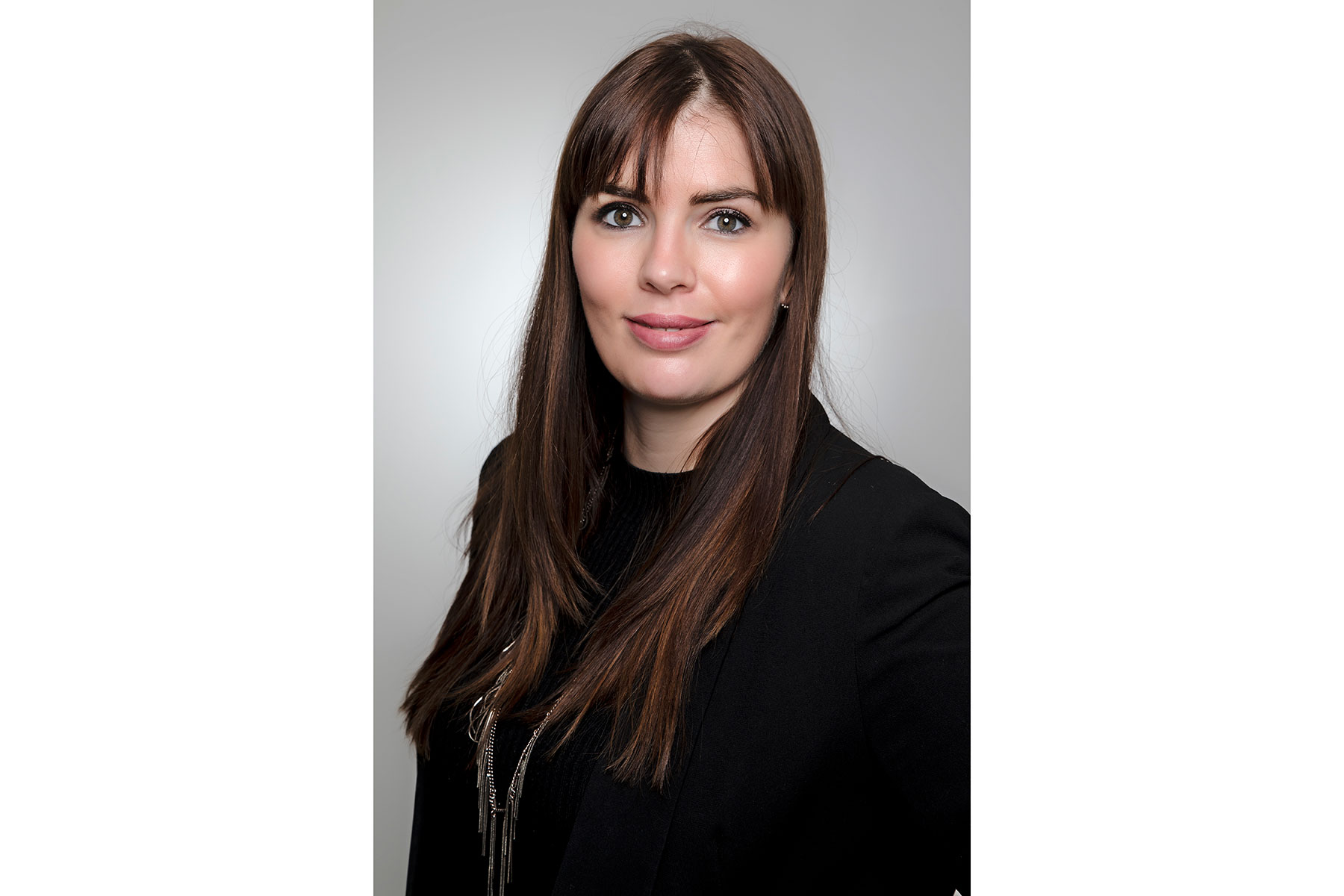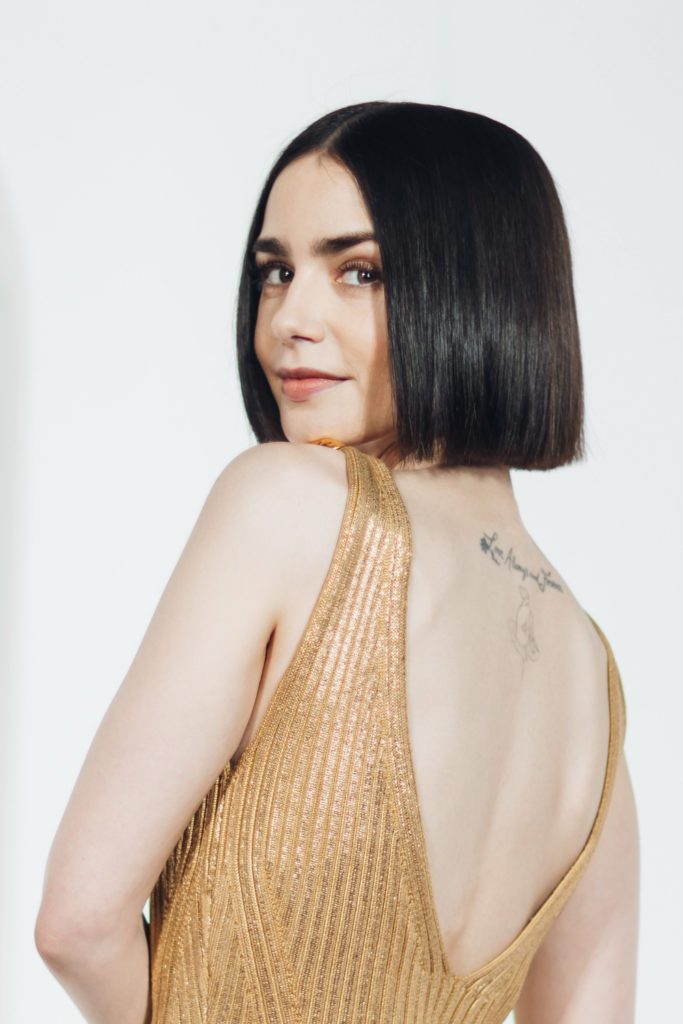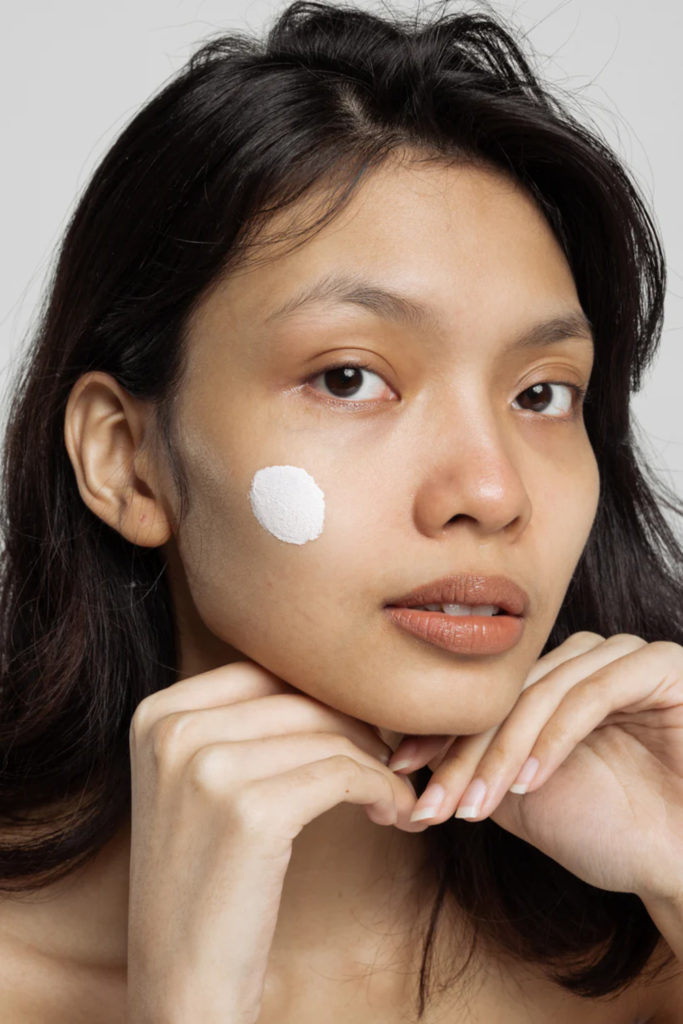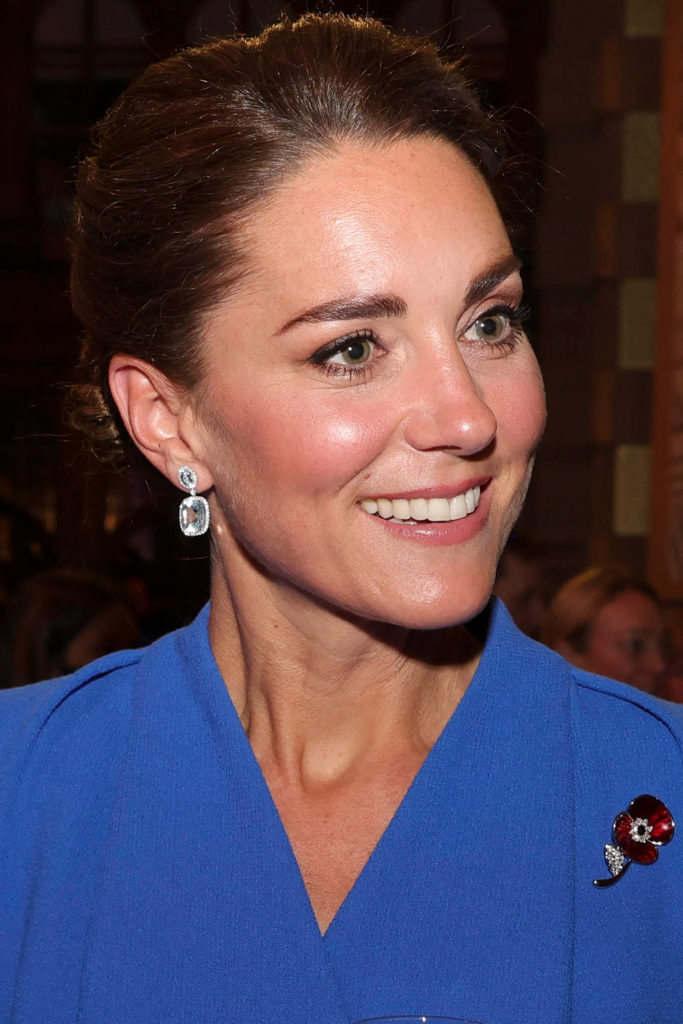Ask The Expert: How To Tackle Acne With Dr Sophie Shotter
By
4 years ago
It’s Acne Awareness Month and we’ve got some expert advice

Having to wear face masks has been hard on Acne sufferers. This Acne awareness month, Dr Sophie Shotter share her tips for how to sooth your skin and stop your flare ups…

Acne is often considered a teenage problem, but why do women get it in their older years, some getting it even if they didn’t when younger?
The fundamental cause of acne is similar in adults and teenagers – the skin doesn’t exfoliate healthily, dead skin cells clog the pores rather than being shed, this leads to a build up of sebum in the pore which is a perfect breeding ground for bacteria. Adult acne is surprisingly common, and can be triggered by a wide range of issues – hormonal imbalances, dietary changes, stress, skin/haircare product use, side effects of medications, and undiagnosed medical problems such as PCOS.
What is the difference between hormonal acne and other types of acne?
Hormonal shifts can lead to imbalances between oestrogen and testosterone. If the testosterone levels are slightly higher in relation to oestrogen levels, then oil production in the skin increases and this can drive acne. It doesn’t have to be related to the absolute levels of the hormones, but can also be due to the relative levels of one versus the other. This is why acne isn’t uncommon during menopause – levels of all hormones drop in menopause, but if the oestrogen levels drop a greater percentage than the testosterone, then it can cause acne.
Many women 35+ experience acne and redness at the same time and find it hard to treat. Can you help explain what it is and what to use?
I often see patients with acne rosacea (or papulopustular rosacea) which has been misdiagnosed as acne. The unfortunate thing is that the treatment for the two conditions is very different. Rosacea is a disease of the skin barrier, which becomes impaired by many different possible causes. Acne is a disease of the pilosebaceous unit and skin is usually oily and more resilient. If you know what to look for it is easier to tell the difference between the two conditions. Rosacea will most commonly affect the cheeks and the nose, whereas acne can affect the whole face as well as other body areas. Small inflamed bumps will appear in rosacea alongside other symptoms such as redness, sensitivity and dilated blood vessels, whereas in acne the skin will contain a variety of lesions such as blackheads and white heads as well as red bumps. Topical treatment for acne will often involve strong ingredients like salicylic acid and benzoyl peroxide. Using these on a rosacea prone skin will increase the flare up rather than improving it. Rosacea patients need products aimed at barrier repair which contain gentle ingredients such as poly hydroxy acids and ceramides. In papulopustular rosacea we may also use antibiotics either topically or orally.
Why do so many older women experience depression with their acne?
Acne and depression can be a vicious circle. Their acne makes them feel unhappy and can cause social anxiety, and the subsequent increase in stress hormones can worsen their acne. Teenage acne is especially cruel since it hits at a time when we are developing our personalities, and peer acceptance is very important. Adult acne can be particularly impactful for sufferers, as in teenage years spots are perceived as ’normal’ whereas in adulthood acne is rarer. It can have a profound impact on mental health, confidence and wellbeing. Research has shown that patients with acne are at an increased risk of severe depression, and a different study has shown that over 20% of respondents with acne have attempted or considered suicide. There are several assessment scales which can be used to assess the degree to which acne is impacting a person psychosocially. Treatment needs to focus on minimising the impacts of acne on a patient’s life, as well as treating the underlying cause.
What is your go-to treatment approach for older women with acne?
Often we need to look at whether there is an underlying hormonal imbalance – if there is, then it will be very helpful to address it with bio identical hormone therapy. If you book into see me, I will also do a thorough assessment of your lifestyle and diet to see if there are changes that can be helpful or supplements which may boost results (like Zinc). I will also discuss make up use, as many make up products can clog the pores and therefore drive acne to become worse. Personally, I like to combine at home products with in-clinic treatments like chemical peels and hydrafacials for best results.
You can book an appointment with Dr Shotter at Illuminate Skin Care Clinic
READ MORE:
How To Tackle Rosacea / Suffering From Maskne? Try These






